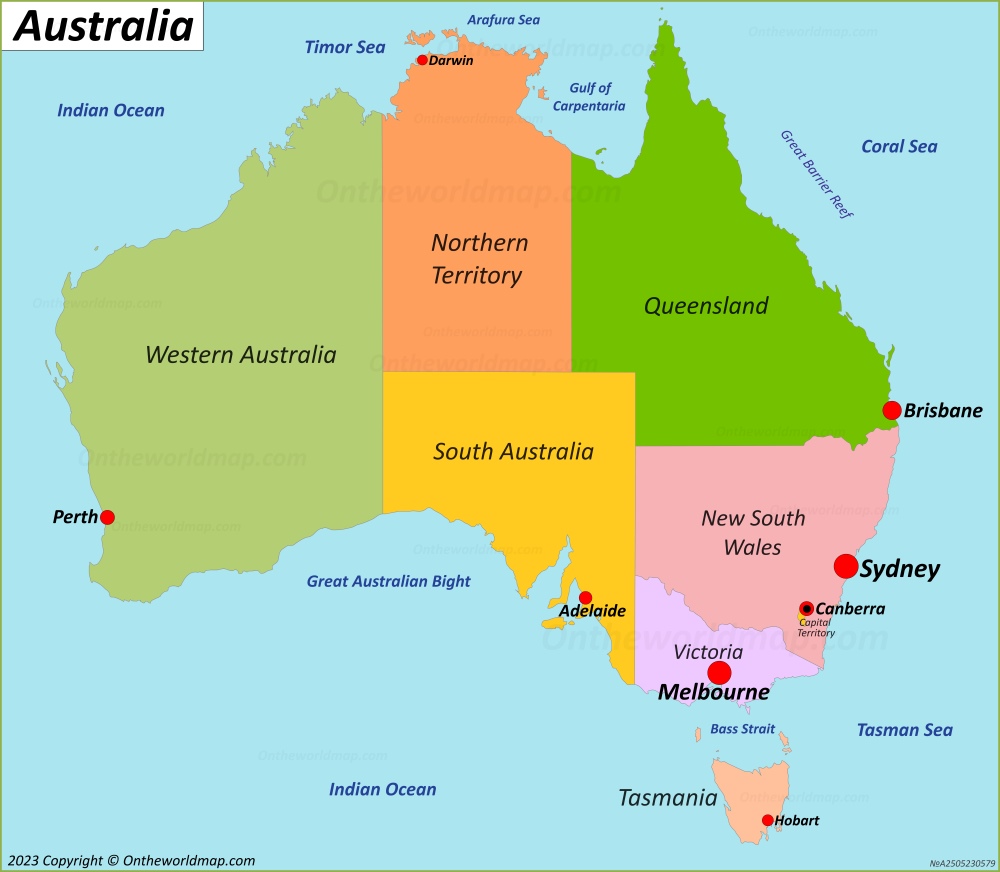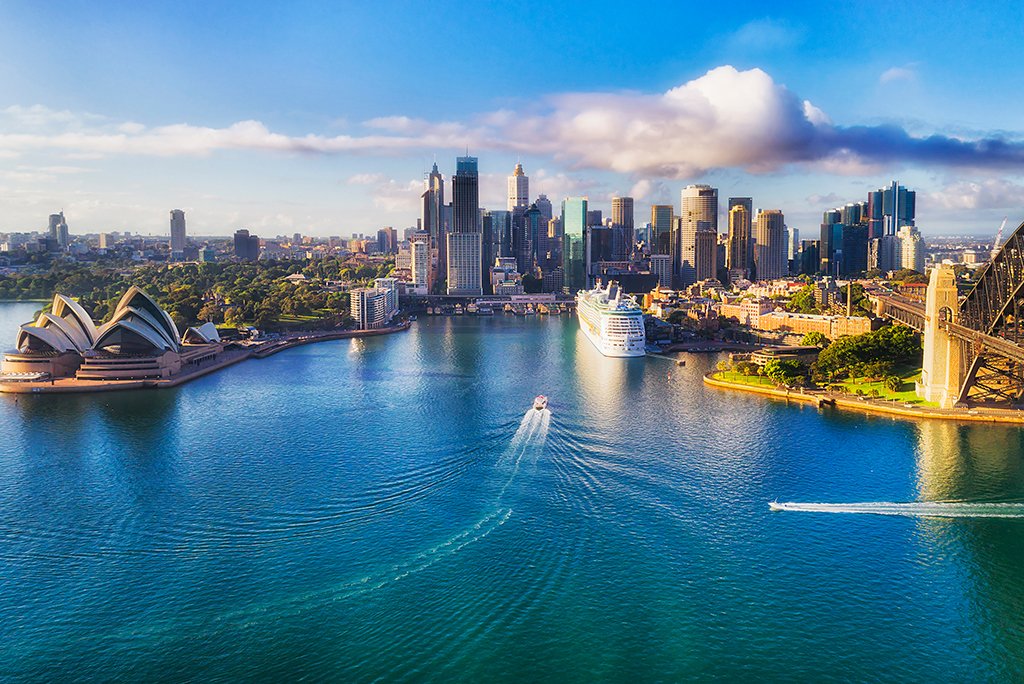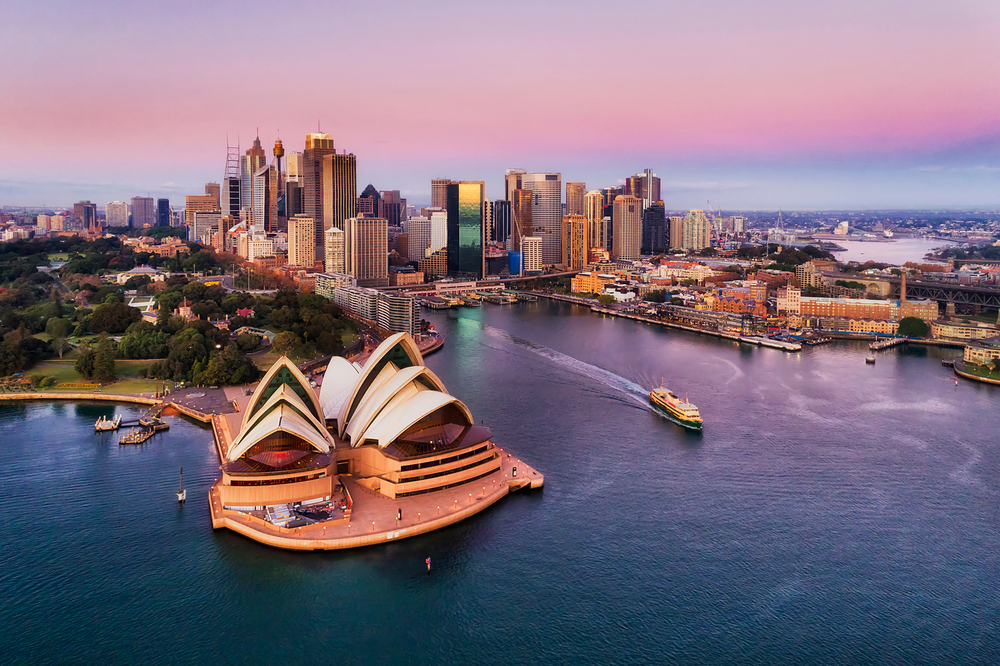Discover Australia’s Secrets: A Viral Exploration

Introduction to Australia

Australia is a country located in the Southern Hemisphere, known for its unique and diverse culture, stunning landscapes, and vibrant cities. With a population of over 25 million people, Australia is a popular destination for tourists, students, and immigrants alike. From the iconic Sydney Opera House to the breathtaking Great Barrier Reef, Australia has something to offer for everyone. In this article, we will delve into the history, geography, climate, culture, and economy of Australia, providing a comprehensive overview of this fascinating country.
History of Australia
The history of Australia dates back to the arrival of the indigenous Aboriginal and Torres Strait Islander peoples, who are believed to have migrated to the continent at least 65,000 years ago. The first European settlement was established in 1788, when the British arrived in Sydney Cove. Over the next century, the British expanded their territory, establishing colonies in various parts of the country. Australia gained independence from the UK in 1901, becoming a federation of six colonies. Today, Australia is a multicultural society, with people from diverse backgrounds and cultures contributing to its rich heritage.
Key Events in Australian History:
- 1788: British settlement established in Sydney Cove
- 1851: Gold rush in New South Wales and Victoria
- 1901: Australia gains independence from the UK
- 1942: Australia plays a significant role in World War II
- 1986: Australia introduces the Australian Citizenship Act
Geography of Australia
Australia is the world’s sixth-largest country, covering an area of approximately 7.7 million square kilometers. The country is divided into six states and two territories, each with its unique geography and climate. The eastern coast of Australia is home to the Great Dividing Range, which stretches from Queensland to Victoria. The western coast is characterized by vast deserts, including the Great Victoria Desert and the Nullarbor Plain. Australia’s coastline is over 59,000 kilometers long, with many beautiful beaches, bays, and islands.
Major Geographical Features:
- Great Barrier Reef: the world’s largest coral reef system
- Uluru (Ayers Rock): a large sandstone rock formation in the Northern Territory
- Blue Mountains: a mountain range in New South Wales
- Great Ocean Road: a scenic drive along the southeastern coast
- Kakadu National Park: a UNESCO World Heritage Site in the Northern Territory
Climate of Australia
Australia’s climate varies greatly depending on the region. The northern part of the country has a tropical climate, with high temperatures and high humidity throughout the year. The southern regions have a temperate climate, with mild winters and warm summers. The eastern coast is prone to cyclones and floods, while the western coast is dry and arid. The country is also susceptible to droughts, bushfires, and heatwaves.
Climate Zones:
- Tropical: Northern Territory, Queensland, and Western Australia
- Temperate: New South Wales, Victoria, and Tasmania
- Desert: Western Australia, Northern Territory, and South Australia
- Alpine: Australian Alps, New South Wales, and Victoria
Culture of Australia
Australian culture is a unique blend of indigenous, British, and multicultural influences. The country has a strong tradition of arts, music, and literature, with many world-renowned authors, artists, and musicians. Australian cuisine is also diverse, with popular dishes such as meat pies, fish and chips, and barbecues. The country is known for its love of sports, particularly cricket, rugby, and Australian Rules football.
Cultural Events and Festivals:
- Sydney New Year’s Eve: one of the largest New Year’s Eve celebrations in the world
- Melbourne Comedy Festival: a popular comedy festival
- Adelaide Fringe: a festival of arts and culture
- ANZAC Day: a national public holiday to commemorate Australian and New Zealand soldiers
- NAIDOC Week: a celebration of indigenous culture and heritage
Indigenous Culture
Australia’s indigenous culture is one of the oldest continuing cultures in the world. The Aboriginal and Torres Strait Islander peoples have a rich tradition of storytelling, music, and art, which is an integral part of Australian identity. However, the indigenous population has faced significant challenges, including dispossession, marginalization, and racism. Today, there are efforts to recognize and reconcile the past, with initiatives such as the Uluru Statement and the Indigenous Procurement Policy.
Indigenous Cultural Practices:
- Storytelling: passing down stories and traditions through generations
- Music and dance: traditional music and dance performances
- Art: traditional and contemporary art forms, such as painting and sculpture
- Language: preserving and promoting indigenous languages
- Ceremonies: traditional ceremonies and rituals, such as the smoking ceremony
Economy of Australia

Australia has a strong and diverse economy, with a GDP of over $1.2 trillion. The country is a major producer of natural resources, including coal, iron ore, and gold. The service sector is also significant, with major industries such as finance, tourism, and education. Australia is a member of the G20 and the Asia-Pacific Economic Cooperation (APEC) forum, and has trade agreements with many countries, including the US, China, and Japan.
Major Industries:
- Minerals and energy: coal, iron ore, gold, and natural gas
- Finance: banking, insurance, and superannuation
- Tourism: hospitality, accommodation, and tourism services
- Education: universities, vocational training, and English language courses
- Manufacturing: food processing, automotive, and aerospace
Trade and Investment
Australia is a significant player in international trade, with major exports including minerals, energy, and agricultural products. The country has a number of free trade agreements, including the US-Australia Free Trade Agreement and the China-Australia Free Trade Agreement. Australia is also a popular destination for foreign investment, with major investors including the US, UK, and Japan.
Trade Agreements:
- US-Australia Free Trade Agreement
- China-Australia Free Trade Agreement
- Japan-Australia Economic Partnership Agreement
- Korea-Australia Free Trade Agreement
- Trans-Pacific Partnership (TPP)
Education in Australia
Australia has a high-quality education system, with a strong reputation for academic excellence. The country is home to many world-class universities, including the University of Melbourne, the University of Sydney, and the Australian National University. International students are attracted to Australia’s education system, with over 700,000 students from around the world studying in the country.
Education System:
- Primary education: ages 5-11
- Secondary education: ages 12-18
- Tertiary education: universities, vocational training, and English language courses
- International education: programs for international students, including study abroad and exchange programs
Research and Innovation
Australia is a leader in research and innovation, with a strong focus on science, technology, engineering, and mathematics (STEM). The country is home to many world-class research institutions, including the Commonwealth Scientific and Industrial Research Organisation (CSIRO) and the Australian Institute of Marine Science. Australia is also a hub for start-ups and entrepreneurship, with many incubators and accelerators supporting new businesses and ideas.
Research Institutions:
- Commonwealth Scientific and Industrial Research Organisation (CSIRO)
- Australian Institute of Marine Science
- University of Melbourne
- University of Sydney
- Australian National University
Conclusion

Australia is a unique and fascinating country, with a rich history, diverse culture, and strong economy. From the iconic landmarks to the stunning natural beauty, Australia has something to offer for everyone. Whether you’re interested in history, culture, education, or business, Australia is a great destination to explore. With its high standard of living, excellent education system, and innovative economy, Australia is an attractive place to live, work, and visit.
Key Takeaways:
- Australia has a rich and diverse culture, with a strong tradition of arts, music, and literature
- The country has a strong and diverse economy, with major industries including minerals, energy, and finance
- Australia is a popular destination for international students, with a high-quality education system and many world-class universities
- The country is a leader in research and innovation, with a strong focus on STEM and many world-class research institutions
- Australia is a great destination to explore, with its unique landmarks, stunning natural beauty, and high standard of living








